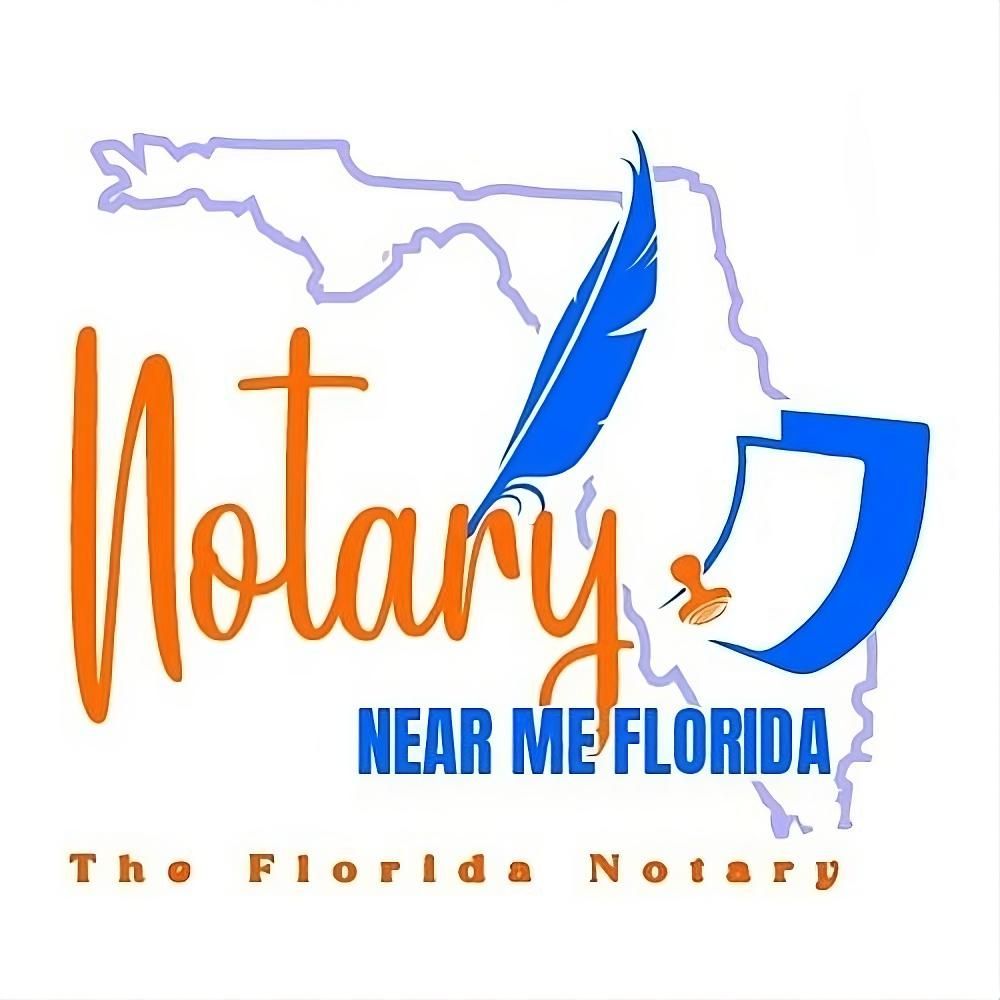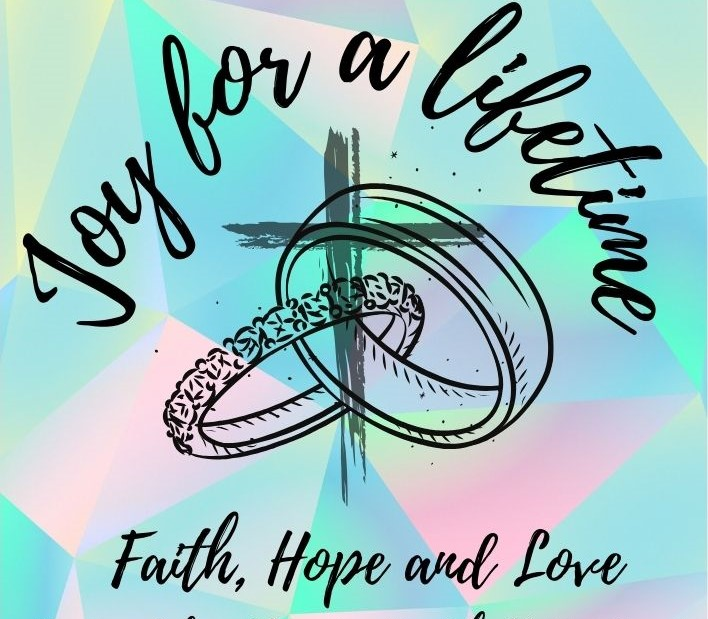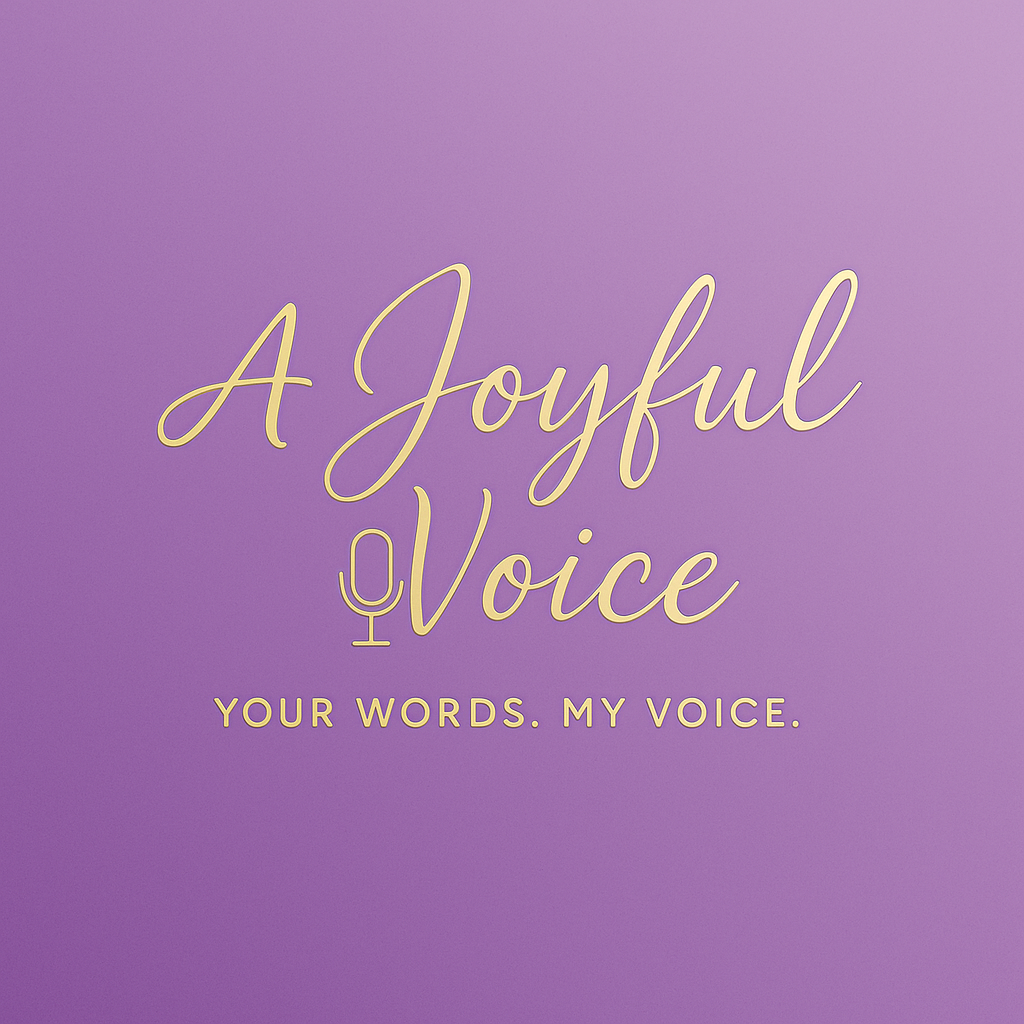I Need This Notarized... But What Does That Actually Mean?
How One Conversation at a Coffee Shop Taught Me What Every Signer Should Know
David was calm—calm the way you are when you think you’ve done everything right. He slid into a corner table at a coffee shop in Tampa, the folded letter still warm from the printer on his passenger seat.
He wasn’t new to writing formal letters. This one was for his ex-wife’s attorney. It was professional. Firm. Straightforward. He'd even Googled how to "make it official"—and the search results were clear: get it notarized.
Enter Sharon, the notary from Notary Near Me Florida, who arrived right on time. She greeted him with a smile and scanned the page. Then, she paused.
“There’s no notarial wording here.”
David looked confused. “What does that mean?”
Sharon explained it gently: “When a document doesn’t include any notarial language—no certificate—I can’t notarize it until you choose the type of notarization. I can’t decide for you, but I can explain the options.”
That was the first moment David realized notarization wasn’t just a stamp.
Sharon explained the two most common options:
- Acknowledgment: Used when you're confirming you signed the document willingly. You’re not swearing to the truth of its contents—just confirming your identity and intent. Common for deeds, contracts, and powers of attorney.
- Jurat: Used when you're swearing (or affirming) that the contents of the document are true. It requires an oath or affirmation. Common for affidavits or sworn statements.
“The notarization itself isn’t a jurat or an acknowledgment,” she clarified. “The certificate I attach is. And you get to decide which is appropriate based on what your letter is meant to do.”
David reread his letter. It didn’t assert facts—it simply made clear his position. So, he chose an acknowledgment.
Sharon attached the appropriate certificate and completed the notarization.
If you’ve never heard the terms “jurat” or “acknowledgment,” you’re not alone. Most people don’t know what they need—until their document lacks the required wording, and the notary puts the decision back in their hands.
Notaries in Florida can’t give legal advice. But they can explain the difference, and they can bring the tools—like certificate attachments—to make your documents complete.
Whether you're sending a legal letter, signing a contract, or finalizing personal paperwork, these terms matter more than you think.
At Notary Near Me Florida, we help people navigate these exact moments—professionally, clearly, and without pressure.
We don’t provide documents. We don’t give legal advice. But we do provide the appropriate Florida-compliant notarial certificate—whether that’s a jurat or acknowledgment—and ensure your signature is handled correctly.
And if your document indicates a need for witnesses, we’ll guide you through that process too. (Some documents require them. Some don’t. The document will tell us.)
If you bring a document that doesn’t include notarial wording—or you're just not sure what it needs—we’ll help you understand your options and get it done right.
📩 Contact Us to schedule your notarization in the Tampa Bay area. We’ll bring the calm, the clarity, and the certificate.
Because sometimes, “I need this notarized” is only the beginning of the story.














